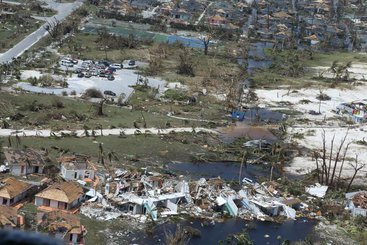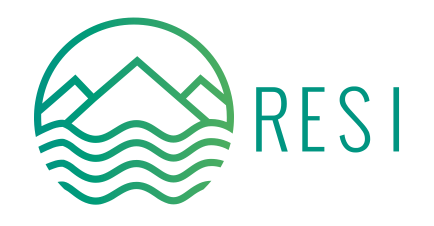
Putting the Glasgow Climate Pact into action: accounting for vulnerability
Description
Announced in 2022, and due to be published in June, the ‘Multi-Dimensional Vulnerability Index’ (MVI) will account for the unique climate vulnerabilities of different countries – and could be a vital tool for Small Island Developing States (SIDS) to access climate and development finance.
SIDS are acutely vulnerable to economic and climate shocks. They suffered the steepest GDP declines from COVID-19 with the slowest recoveries of any group of countries, and they face ever-more frequent and destructive adverse climate events. Yet they receive relatively aid and concessional financing, because access is based on countries' average incomes, not vulnerability. They also struggle to access climate financing, despite global heating implying daunting relative costs.
There is increasing recognition of the need to look beyond countries’ average incomes when allocating climate and development finance. That is why, in 2022, the UN established a High-Level Panel to create a new Multi-Dimensional Vulnerability Index (MVI) to more accurately reflect countries’ needs and challenges. The MVI is not an academic exercise: it is a vital tool to help SIDS gain access to the concessional financing that they need to survive in a changing climate.
This event was the first engagement with the public on the MVI ahead of its finalisation. It provided a unique opportunity to discuss the principles of adopting an MVI and how it could transform international development and climate finance. It was hosted by ODI’s Resilient and Sustainable Initiative (RESI).
-
Summary report | Putting the Glasgow Climate Pact into action: using a Multidimensional Vulnerability Index (MVI) in development and climate finance
Download file
Speakers
-

-

Emily Wilkinson
Senior Research Fellow, ODI
-
Dr Pa'olelei Luteru
Permanent Representative of Samoa to the UN
-
Erna Solberg
Former Prime Minister of Norway
-
Gaston Browne
Prime Minister of Antigua and Barbuda


